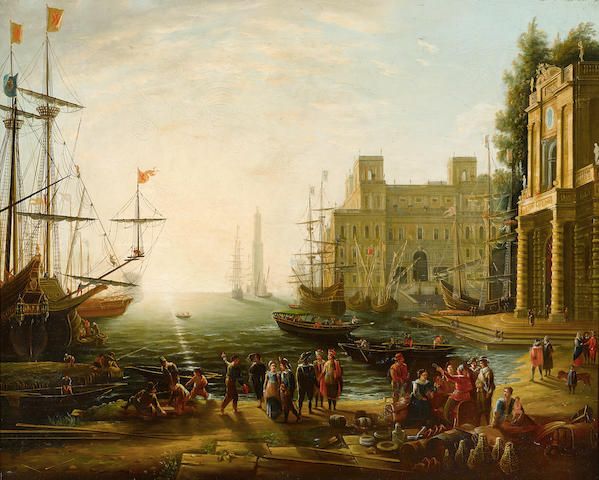Austrian Economics #mises 

Modern Monetary Theory #mmt 

Modern Monetary Theory #mmt 

Econometrics #econometrics 

Note mercantilism ≠ bullionism. See, e.g., "Mercantilism & Economic Development: Schumpeterian
Dynamics, Institution Building,
& International Benchmarking." #econtwitter
andreasaltelli.eu/file/repositor…
Dynamics, Institution Building,
& International Benchmarking." #econtwitter
andreasaltelli.eu/file/repositor…
• • •
Missing some Tweet in this thread? You can try to
force a refresh























